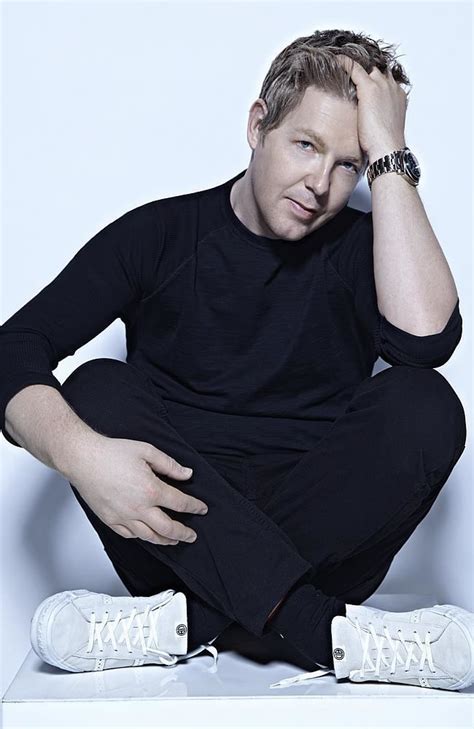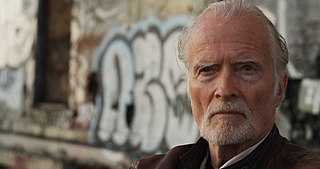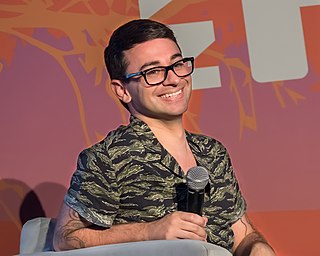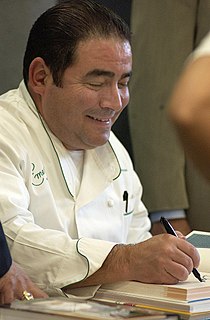A Quote by John Cameron Mitchell
Kids' literature now is dystopian, you know.
Quote Topics
Related Quotes
I don't think film schools are mentoring kids. I think they just send them through the curriculum, so now you know how to hold a camera, how to use a Dx3 menu. You can learn that in five minutes from somebody that doesn't even know anything. But what do you know if you haven't read anything - studied art and studied literature - what do you have to contribute?
There are just certain things you can't talk about with kids. I just totally do not believe in this sort of Bart Simpson character who infects so much of our literature and film and TV stuff nowadays, these know-it-all kids who seem to understand the hypocrisy of the adult world so thoroughly and can talk about it with such articulateness. That's bunk. Kids are kids; they're innocents, they really are. For a long time, no matter what they see, no matter what they're exposed to, they can't get it until they have developed enough.
We live in a very powerful country that has worldwide impact. It really is a democracy, so it puts a call to the faithful to get off the couch, right now! I hope we don't have one in three African American kids hungry 10 years from now. There is no reason for that. Forget everything else. We know how to feed kids. We can feed kids without distorting incentives and stuff.
I suspect the popularity of young adults and dystopian novels has something to do with a desire for allegory and old-fashioned morality tales. In fact, you might find your religious framework here in dystopian, post-apocalyptic fiction. Here, and in videogames, you find strict codes of authority, the "rules of the game," the life-or-death quest and struggle that people crave.
Christ and the life of Christ is at this moment inspiring the literature of the world as never before, and raising it up a witness against waste and want and war. It may confess Him, as in Tolstoi's work it does, or it may deny Him, but it cannot exclude Him; and in the degree that it ignores His spirit, modern literature is artistically inferior. In other words, all good literature is now Christmas literature.



































